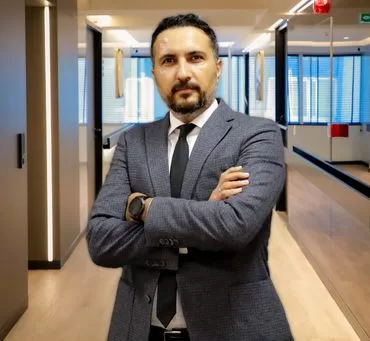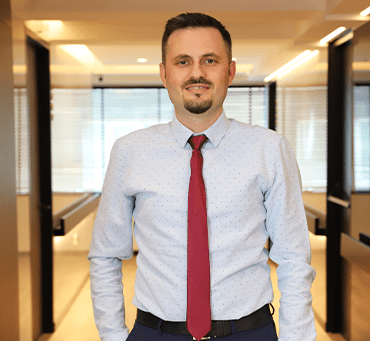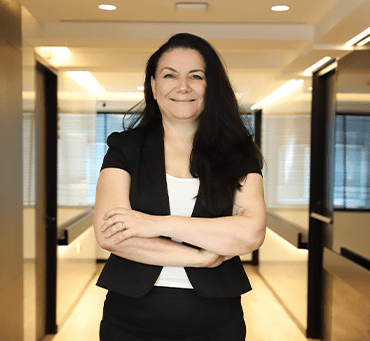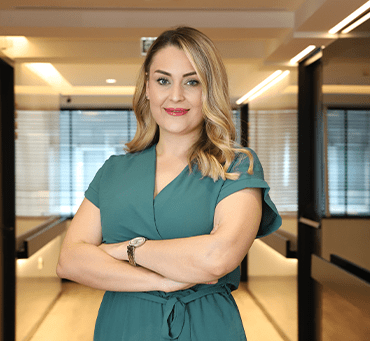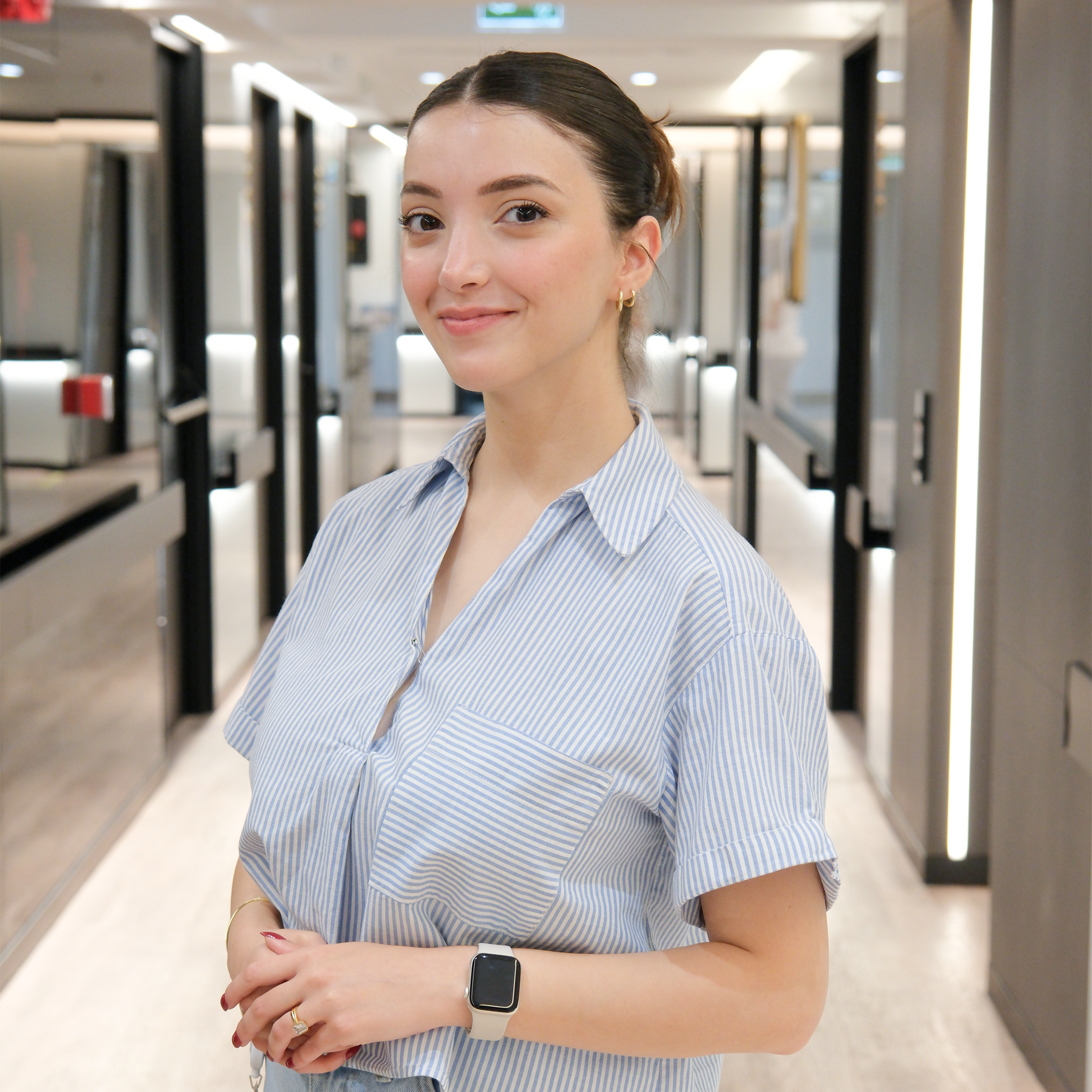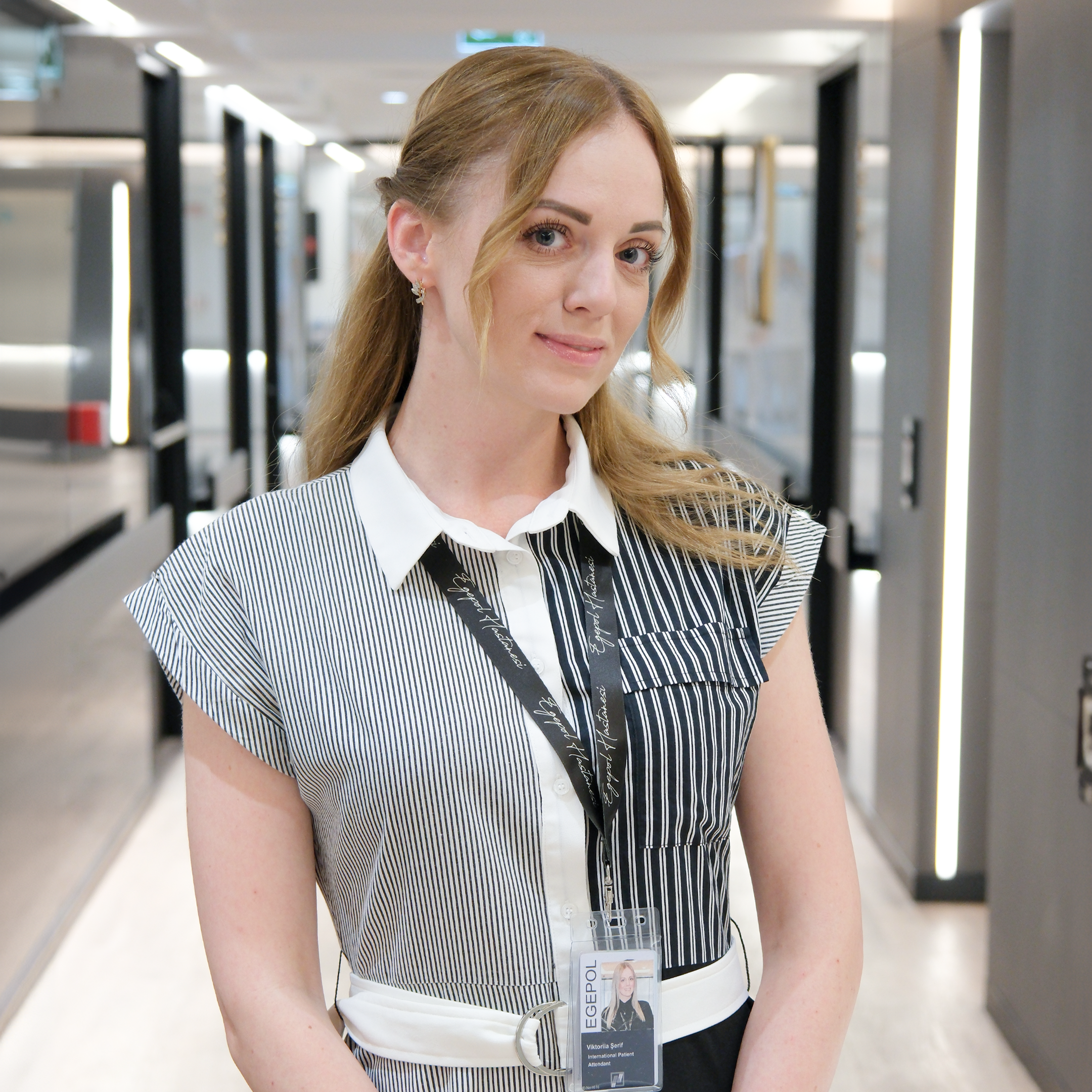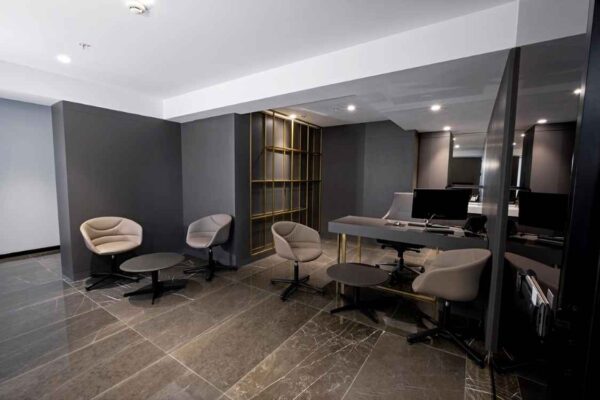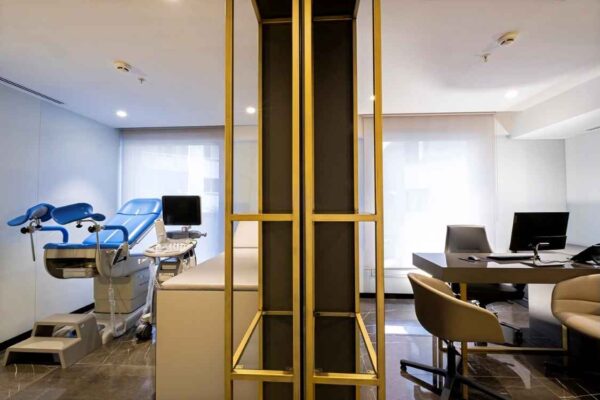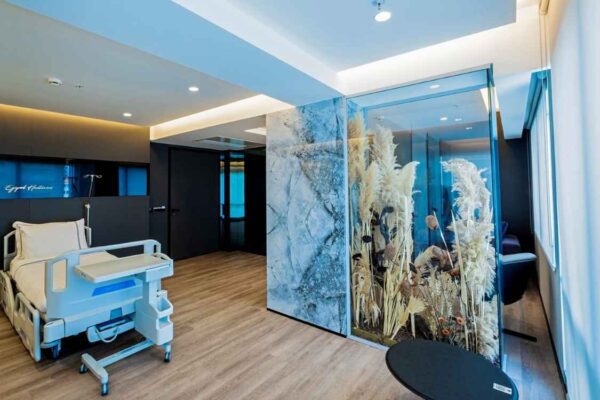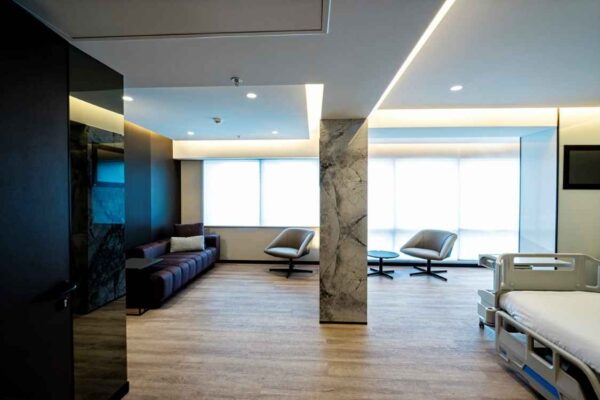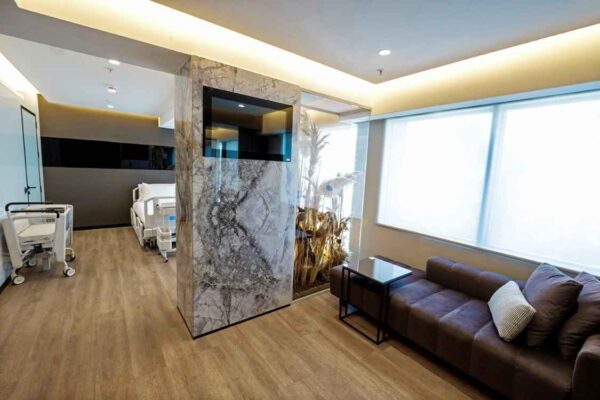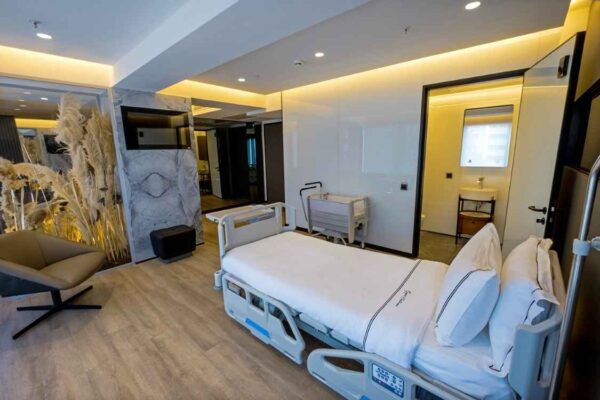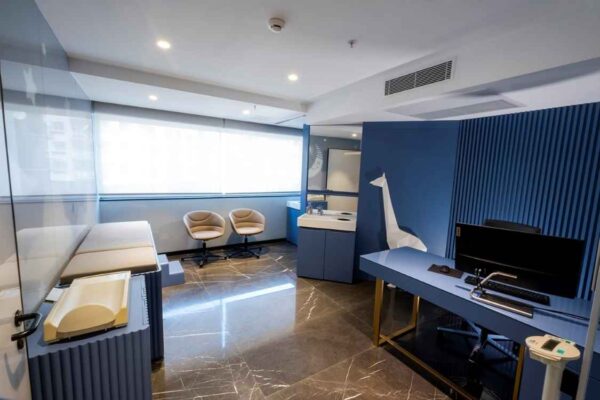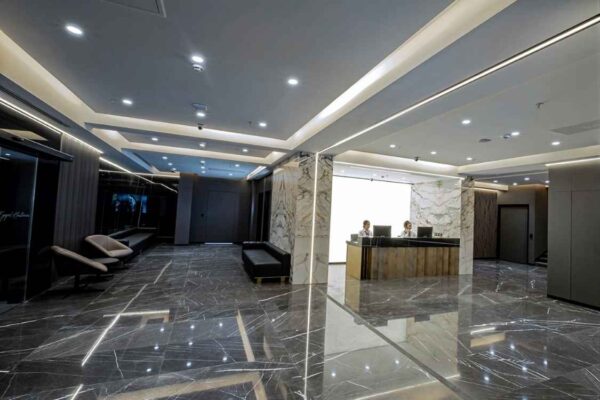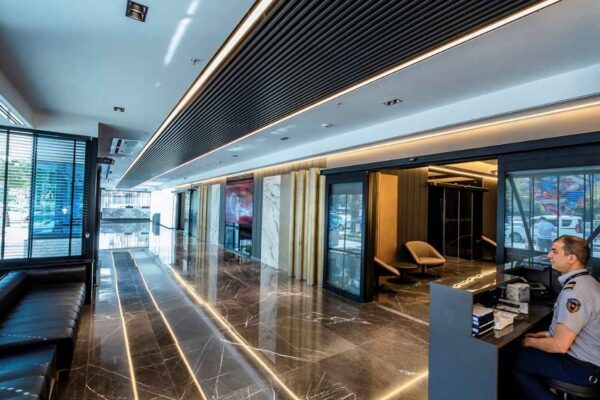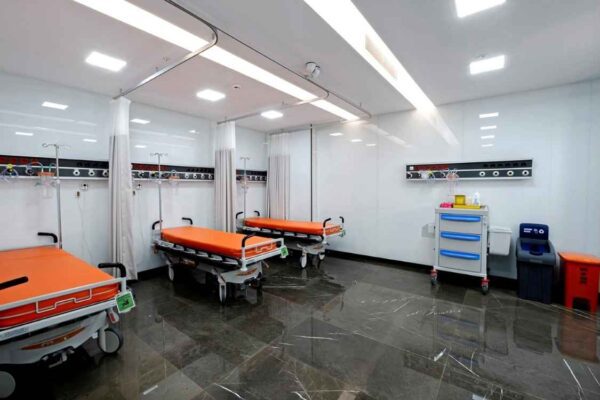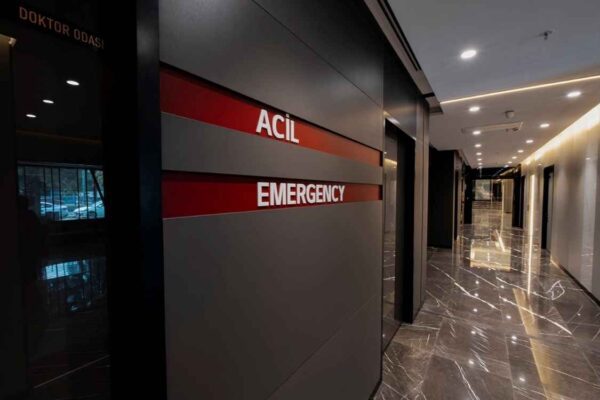A disease called nyctalopia, also referred to as night blindness, makes it difficult for a person to see well in dim light. Numerous circumstances, including a vitamin A deficiency, genetic diseases, or other underlying health issues, can contribute to it. Even though night blindness is a widespread issue, this essay will concentrate on Turkey’s approach to the issue.
Turkey is renowned for its extensive historical significance, breathtaking natural beauty, and rich cultural heritage. Additionally, it has a booming medical tourism sector that attracts travelers from all over the world looking for low-cost, high-quality healthcare. This essay will examine the degree to which Turkish healthcare facilities meet European standards for quality, the standard of the medical care they provide, the level of medical training of Turkish physicians, the cost of treatment relative to that in other nations, and Turkish options for treating night blindness.
Causes of Night Blindness Treatment
Understanding the causes of night blindness is crucial before examining the treatments that are provided in Turkey. There are several causes of night blindness, including:
- Lack of vitamin A: Since vitamin A is essential for maintaining excellent vision, vitamin A deficiency is a common cause of night blindness.
- Genes: Some people may be born with genetic abnormalities that cause night blindness.Conditions that impair the light-sensitive cells in the retina, such as retinitis pigmentosa, can lead to night blindness.Cataracts can obstruct the eye’s natural lens, which can also cause night blindness.
- Diabetic Retinopathy: Diabetic retinopathy, which can impair vision at night, can develop in people with diabetes.
Actual Night Blindness Treatment
In Turkey, treating night blindness entails taking a holistic strategy that addresses the underlying causes in addition to offering patients helpful guidance on how to enhance their night vision. Some of the main elements of night blindness treatment in Turkey include the following:
- Nutritional Therapy: Turkish healthcare providers place a strong emphasis on nutritional therapy for people who are vitamin A deficient. Advice on the need of eating a balanced diet full of foods like carrots, leafy greens, and fish that are high in vitamin A is given to patients. Turkish medical institutes provide genetic counseling and testing to determine the likelihood of passing the problem down to future generations when night blindness has a hereditary foundation.
- Ophthalmological treatments: Turkish doctors are well-equipped to give surgical procedures, such as retinal laser therapy or cataract removal surgery, in cases where retinal disorders or cataracts are the primary causes of night blindness.
- Diabetes Management: Turkish healthcare professionals place a heavy emphasis on treating diabetes for patients who suffer diabetes-related night blindness through prescription drugs, dietary changes, and routine eye exams in order to prevent and treat diabetic retinopathy. You can check the link below
Turkish Doctors and Medical Institutes Have High Standards of Quality
The healthcare system in Turkey has advanced significantly, with cutting-edge hospitals and a highly qualified medical workforce. Turkish doctors are well known for their knowledge and dedication to patient care, especially in the field of ophthalmology.
In Turkish healthcare, international collaboration and ongoing medical education are highly appreciated. Turkish medical experts frequently travel abroad to attend conferences and workshops to stay current on new developments in their specialized fields. Patients in Turkey receive the greatest standard of care because of this dedication to education and professional development.
Turkish medical facilities typically have state-of-the-art technology and sophisticated equipment in addition to their medical staff’s knowledge. This makes it possible to properly diagnose and treat eye disorders like night blindness. Turkish hospitals are renowned for upholding strict standards for hygienic conditions and patient security, elevating the level of care given.
Turkish Medical Costs for Treatment
The low cost of healthcare in Turkey is one of its main draws. In general, Turkish healthcare is much more affordable than that of many Western nations, including the expense of treating night blindness. Consultations, diagnostic tests, treatments, and post-operative care are reasonably priced.
The quality of care is unchanged because Turkish healthcare is less expensive. Instead, the advantageous exchange rate, cheaper operating expenses, and government incentives to promote medical tourism are the important drivers. Frequently, patients from countries with expensive healthcare discover that Turkey offers the same level of knowledge and care at a fraction of the price.You can check the link below
Turkish and European Quality Standards
Turkey has worked extremely hard to match European healthcare standards. Turkish healthcare facilities typically follow European and international accreditation standards. Numerous healthcare-related topics are covered by these standards, such as patient safety, medical practices, infection control, and equipment upkeep.
A strong regulatory structure is also in place in Turkey to guarantee that medical institutions uphold high standards. To ensure that healthcare workers follow the necessary regulations, inspections and assessments are carried out often.
Conclusion
Night blindness is handled with knowledge, expertise, and excellence in Turkey. Utilizing state-of-the-art equipment and cutting-edge technology, Turkish medical specialists provide comprehensive treatments for night blindness that successfully address its underlying causes. Turkish doctors are certain to stay at the forefront of medical innovations and offer patients the best care because the priority of continuing medical education is put there.
Additionally, Turkey offers night blindness therapy at a significantly lesser cost than many other nations, making it a feasible choice for overseas patients seeking high-quality healthcare without the exorbitant cost. To guarantee that patients receive the finest care and safety, Turkish healthcare facilities align themselves with European quality standards.
Last but not least, Turkey’s approach to curing night blindness is a superb illustration of how medical tourism may flourish when quality, cost, and knowledge come together. It illustrates Turkey’s dedication to offering accessible, top-notch healthcare to patients from all over the world, making it an attractive destination for people looking for treatment for night blindness and other medical issues.
FAQs
The local currency of the Republic of Turkey is the Turkish Lira. Our patients can convert their cash from exchange offices to Turkish Lira.
Our patients can withdraw money in Turkish Lira, Euro and Dollar through ATMs in Turkey. You can easily withdraw money with foreign language options available at ATMs.
Foreigners can use their own vehicles with the obligation to carry their own driver's license, vehicle license and passport with them. Vehicles are driven on the right side of the road in Turkey.
The sockets in Turkey are dual like the sockets used in Europe.
If you have your phone line open for use abroad before coming to Turkey, you can use your own operator as well as local GSM operators.
Our Team
Our Hospital
Atilla, Halide Edip Adıvar St.
No:57, 35270 Konak/İzmir




